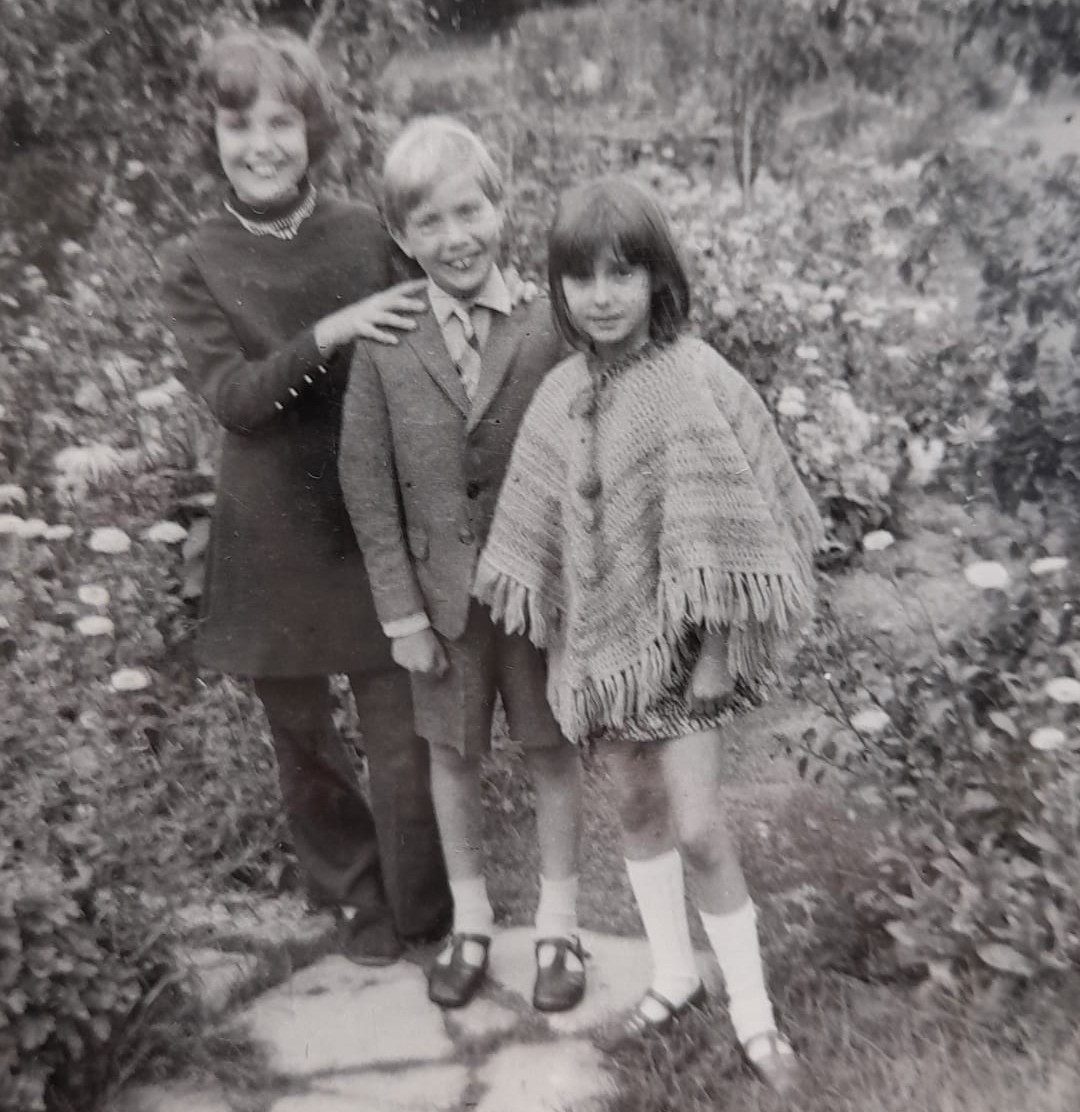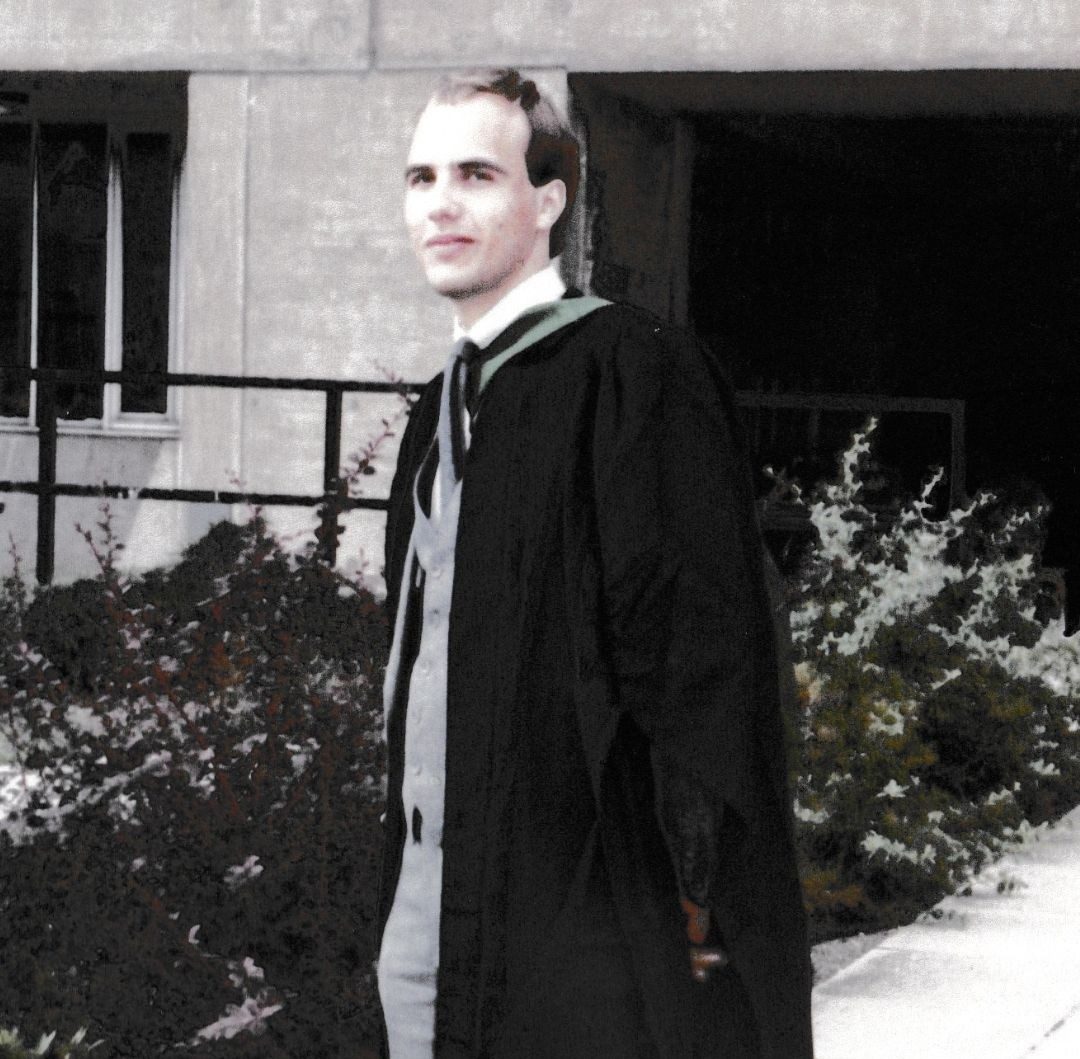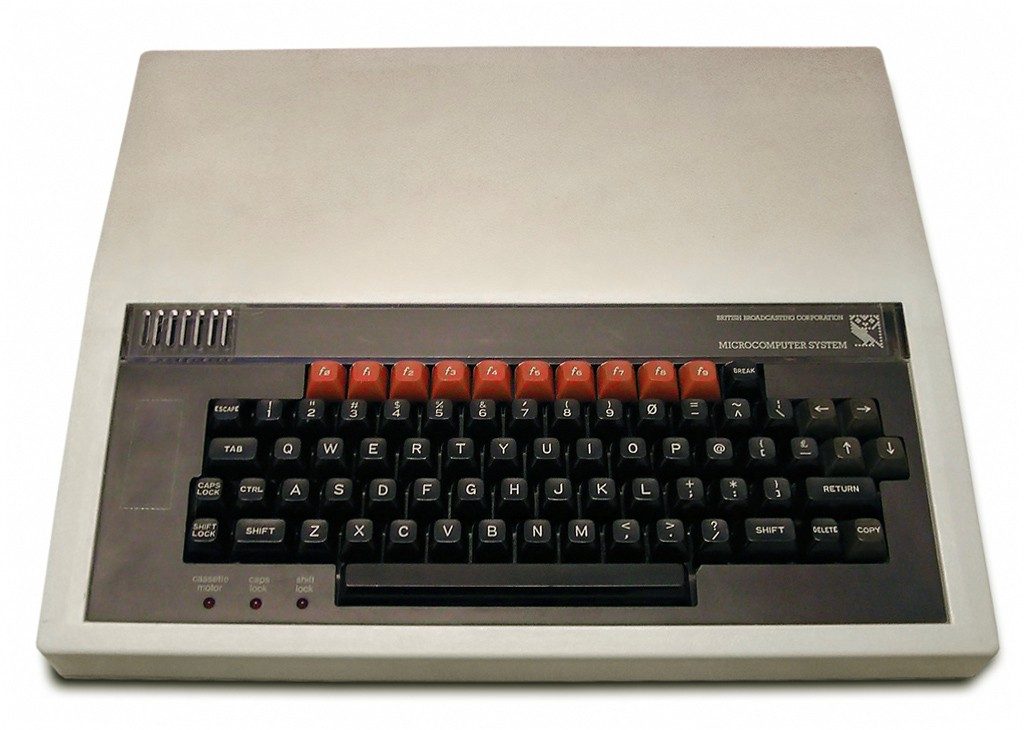Shaping Tomorrow: A Chief Engineer’s Reflections on Role Models and the Future of Engineering
As one of the Chief Engineers for Lockheed Martin UK’s Ampthill facility based in Bedfordshire, it comes as no surprise that engineering is a topic that is close to Andrew’s heart – in fact, engineering is something that’s been a part of his life for as long as he can remember. He has been with Lockheed Martin for almost 40 years.
This year’s National Engineering Day theme is Engineering Role Models – an opportunity to reflect on those who have, and those who continue to inspire engineering journeys.
Andrew shares his story, talks about what he saw as the big change in engineering through his career, and what he would like to see the future of engineering to look like.
When did you realise engineering was for you?
Engineering has always been a part of my life – my dad was an amateur engineer – I grew up helping my dad fix and make things – he would make everything – even my toys.
I am at my happiest when I’m ‘engineering.’ It still excites me and love to learn new or forgotten skills – I spend a fortune on ‘toys’ and books for projects so that I can continue learning, building stuff, take it apart, and re-build it – whether that’s electronics or Lego kits – it keeps me stimulated – there’s nothing quite like building or fixing something with your own hands. Don’t assume that you’ve got your degree and that’s everything for the next 40 years – keep your passion for learning ignited and apply what you learn back in the workplace.

Who has inspired you?
My dad has always inspired me – not just from an engineering perspective, but morally and ethically too. My dad was a self-made man – he worked incredibly hard to get to where he is – although an engineer by nature, he pursued his career in local government where he was a Director at the local Town Hall. His work ethic taught me to never give up – pursue my dreams to get to where I want to be – and that’s exactly what I did.
Who is your engineering role model, and why?
I have three – Charles Babbage (often regarded as the "father of computing," Babbage invented the concept of a programmable computer); Isambard Kingdom Brunel (Brunel built dockyards, the Great Western Railway, a series of steamships including the first purpose-built transatlantic steamship, and numerous important bridges and tunnels); and George Stephenson (known as the "father of railways," Stephenson developed the first public inter-city railway line to use steam locomotives. His standard gauge became the worldwide standard for railways).
The one thing you’ll notice common amongst all three is that they are all engineers from the Victorian era – a true golden age for engineering, marked by bold innovation and groundbreaking ideas – making them influential and rightfully famous for their revolutionary contributions to society.
The Victorians were starting from scratch in many ways as they didn’t have the vast industrial base or technology we do today. They relied on creativity, persistence, and practical problem-solving to build things that seemed impossible at the time. Their work has had a lasting impact, inspiring countless engineers to take risks, solve complex problems, and drive innovation forward. I often wonder how exciting and rewarding it would have been to be an engineer in that golden era of engineering innovation!
What are your core areas of expertise?
Although my core areas of expertise are Thermal Protection Systems and mission effectiveness technologies, I do have a good level of expertise across many disciplines of engineering – I am fortunate enough to class myself as a good generalist able to undertake a wide range of tasks whether hardware or modelling and simulation – and this has helped me progress through my career.

How have you seen engineering change over your career, and what has driven that change?
Engineering is constantly changing and evolving. But what I would say is that in my time, the biggest change engineering has seen has to be the computer – we went from doing everything manually to doing it through computers – people would say “oh computers are going to be doing our jobs” – but that’s wasn’t really true – computers have changed the way we do our jobs – they’ve made us more efficient – we’re able to do our jobs a lot smarter and a lot quicker.

What has been the highlight of you career?
I am fortunate to have had a career where I have worked on some truly incredible and purposeful projects – doing things and making things that are of national strategic importance to the UK – which also means I can’t really talk about them. But what I can say is that some of the work that the team and I have done has been recognised at incredibly high levels within the customer community and at very senior levels in government.
My other highlight is being recognised as an LM Fellow – this is a Lockheed Martin Corporation programme which recognises and celebrates superb technical expertise and achievements – as an LM Fellow, and I am only one of just two in the UK, you inspire the overall technical population to the highest levels of excellence and leverage the corporation’s world-class engineers, scientists and technologists who are the pre-eminent technical individual contributors within the corporation. I’m incredibly proud of being recognised at this level, and I’m using my Fellow status to advocate for exploring ways in which our early careers and “Nexperts” can be recognised through various initiatives such as Group Technical Staff and STEP (Subject Matter Technical Experts Programme).
What do you think engineering of the future will look like?
AI is that next big revolution. Some people are worried that AI will take over their jobs – that’s not true. It will change our jobs for sure, and to some degree take a lot of us out of our comfort zones. But I keep saying to people “don’t be scared of it, don’t be worried about robots coming from the future.” To ensure we are able to transition through this change effectively we must apply a growth mindset – don’t be resistant to change – change can be really good – my advice is “don’t be frightened of AI, or any other technology or change that we will see coming into engineering - embrace it.”
What is the one big change you would like to see engineering drive?
Space manufacturing. That’s not engineering or designing parts, vehicles, etc. for space, but actually manufacturing stuff in space. There was a vision to put man on the moon, which we did – we set the expectations when we achieved that – we also have space stations and satellites in space too. But what’s next? We kind of just stopped at satellites and space stations.
Now that we have the billionaire entrepreneurs interested in space, this opens up a whole new world of possibilities – space stations placed to do space-based manufacturing. I’d love to see this become a reality – this for me would be that next step forward.
When you start manufacturing things in zero gravity and you’ve got ‘free vacuum,’ you can suddenly make a whole range of different things – this is going to be a significant leap in innovation manufacturing for industries such as defence, biomedical, and others too. This is what I would refer to as a game-changer – we’ll be able to take advantage of the unique characteristics of space such as zero gravity, space has no temperature therefore there is no heat impact.
An example of space-based manufacturing could be Wire Arc Additive Manufacturing (3D printing / additive manufacturing), we use this at our Lockheed Martin UK Ampthill facility in Bedfordshire, for building high strength structures and tooling, but NASA is interested in putting it in space or on the moon to explore the solar system or manufacture lunar/space infrastructure. All of a sudden you can make things that are either too difficult, costly, or almost impossible to do on earth, because you haven’t got that pull of gravity, atmosphere or temperature challenges. And there are so many other benefits and opportunities to being able to manufacture in space.
What are the coolest jobs engineering has to offer?
I would say my job! Honestly, I have been privileged to work on some of the most amazing projects and programmes with some great engineers and colleagues – I still have to pinch myself sometimes, and without this sounding like a cliché, I am lucky to be living the dream.
What famous quote sums up engineering for you?
I have two:
- “It’s not rocket science”
- “Do or do not – there is no try.”




